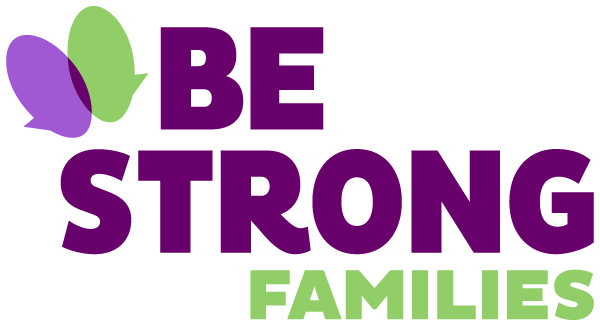A Mother’s Father’s Day Reflections
Article by: Katthe Wolf
I’m a feminist, which means I understand that patriarchy circumscribes all relationships in our culture, and I tend to sympathize with women because of systemic and structural sexism. That’s a given. I’m also a white woman who grew up in the 1960s and 70s in a middle-income, suburban Philadelphia household where gender roles were fairly stereotypical: dad as a provider and protector, mom as the go-to day-to-day parent. I didn’t know my father as a nurturer. He claimed that the only emotion he allowed himself to feel was anger because that was one feeling he couldn’t control, and the others would make him soft.
My personal lived experience and learning over the past two decades with my ex-husband, my rabbi, my therapist, my son and godsons, and coworkers is that men are extremely emotional. They have extraordinary capacity—at least equal to and probably more than my own—for nurturing and loving devotion to their children. For emotional intelligence. For sensitivity and responsiveness.
This leaves me wondering, as women and as mothers, why do we continue to perpetuate the myth of males being emotionally handicapped? Why don’t we consistently nurture their capacity to feel and express and honor the full spectrum of their emotions? Why do we cultivate and then deride toxic masculinity? We can do better.
When I got divorced, part of the process was going to a parenting class where we learned how important it was that our child have two parents and how extremely damaging it was for children if their parents demeaned or disparaged each other. I am blessed that my ex-husband and I agreed that if we needed to rip our child’s world and security apart because of our inability to be peaceful with each other, the least we could do would be to minimize the collateral damage. So, we co-parented. It wasn’t easy at times to put aside our antipathy for each other to do the right thing, but we tried, and we succeeded most of the time. He more than I. We did our best to be respectful to and about each other. We tried our best not to poison our child’s mind about the other with our truth.
As a mother, when I see mothers weaponize their children, it makes me very sad and also angry. Facts are that most courts privilege motherhood over fatherhood. Facts are that mothers are gatekeepers to their child’s access to their father. Facts are that many men are shamed and intimidated and effectively blocked from doing the right thing by their kids because they can’t or don’t want to placate, appease, or satisfy the mother’s needs, whether the need be emotional, physical, sexual, or financial. I’m not talking about child support. I have witnessed mothers cultivating situations that would likely result in their former partner being perceived as a “deadbeat dad” and then the very same mothers representing the father that way to their children and the authorities. We can do better.
I learned a lot about fatherhood and accountability this past month from our guest webinar presenters Corey Best (here) and Chad Morris (here). Corey’s webinar was an intimate conversation linking unconscious bias, mental mindsets, and stereotypes to the ability of fathers to manifest authentic leadership engaging success (MALES). Chad shared his frontline strategies and tactics for assisting dads with understanding their importance in their children’s lives, surfacing their values and strengths as men, and encouraging them and strategizing with them about overcoming the barriers to responsible fatherhood and being accountable.
Approaching Father’s Day, I want to shout out to all fathers: you matter! Your love and your power are important, valued and appreciated—an integral part of raising physically, emotionally, spiritually, financially, environmentally, and socially healthy children. Growing up without you in the picture is an adverse childhood experience (ACE): traumatic for both boys and girls, forever impacting their ability to relate. In this shout out, I want to include not only the dads in two-parent households, but single dads, dads who are primary parents, divorced co-parents, the never-married-to-the-mom fathers who are struggling to be there for their kids against the odds, and those fathers who are doing the work to re-engage with their children even after long absence. Thank you for striving to overcome the barriers and to provide your children — of whatever age — with the love and the healing that they so desperately need.
I know I was 28 years old (and he was 53) when my dad apologized to me for not being present enough in my life as a child. He said that in reflecting on his life, his biggest regret was that he had prioritized work over family, that he hadn’t had his values right. He said that he loved me. He said that he would do better going forward. I don't know if he remembers saying it, but I remember the conversation vividly because it made a huge difference for me. Even at that advanced age I needed his words to forgive him, to validate my perceptions of what had happened in my childhood, and to heal around my relationships with men. And now I am older than he was then.
Life is long. We can’t do anything about the past, but we can heal our relationships and co-create a brighter future with love and forgiveness and respect and compassion, with awareness and diligence. It’s not too late.
So, dads, be encouraged. Be strong! & Happy Father’s Day.
Check out Be Strong Families' Dads Parent Café in a Box—a conversation resource for fathers to get clear on how they want to be as fathers and to learn from and support each other.

